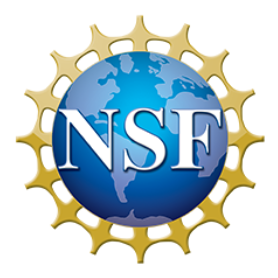Protist Prophets
Forams as bioindicators of coral reef health
Protist Prophets
Forams as bioindicators of coral reef health
About the Project
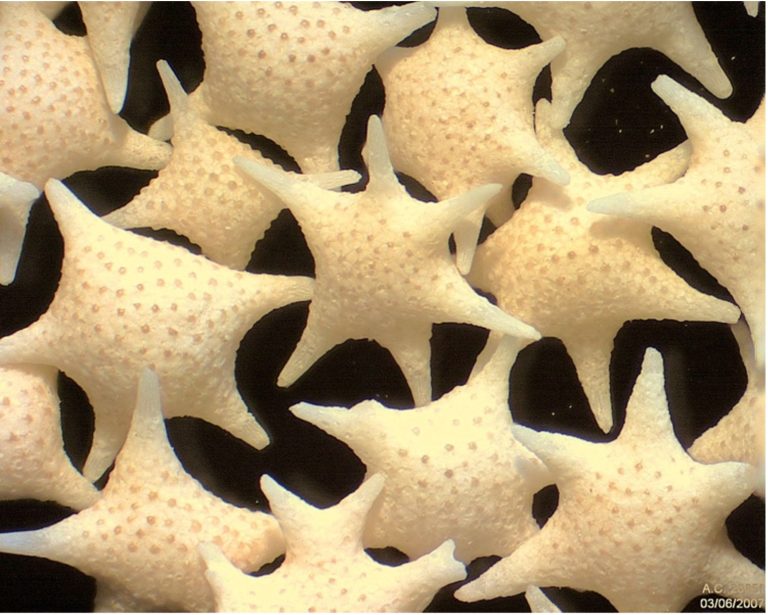
Unlocking the Past to Protect the Future
The Khaled bin Sultan Living Oceans Foundation (KSLOF) is working with the University of Miami’s Rosenstiel School of Marine and Atmospheric Science on a groundbreaking National Science Foundation-funded research initiative: Protist Prophets: Foraminifera as Bioindicators for Coral Reef Health. This project is investigating how tiny marine organisms can help us understand the health of coral reefs across centuries.
Foraminifera—also known as forams—are microscopic single-celled organisms that live on and in seafloor sediment. Their shells, or “tests,” preserve well over time, offering a window into the environmental conditions of the past. By studying the species composition of forams found in sediment samples collected during the Foundation’s Global Reef Expedition (GRE), scientists can reconstruct a long-term record of coral reef health stretching back over 1,000 years.
Some foram species thrive in clean, clear, coral-friendly water, while others prefer murkier conditions with more nutrients or pollution. By analyzing which forams are present and when, researchers can identify which reefs have historically been pristine and which have faced environmental stress. This knowledge is critical for marine managers seeking to protect resilient reefs and prioritize areas for conservation.

PROJECT GOALS
Reconstruct Coral Reef Histories
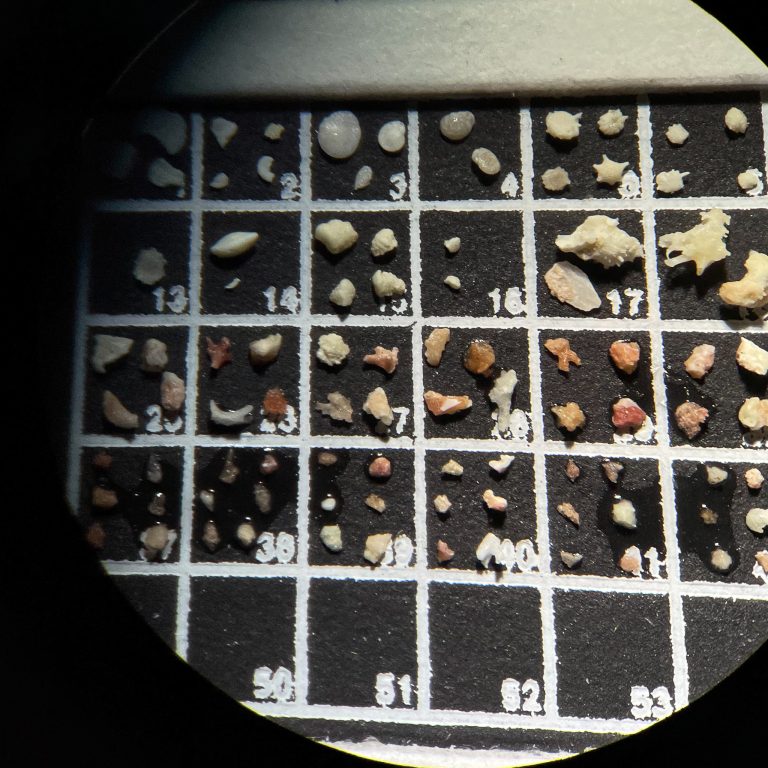
Use foraminifera as indicators of long-term reef health
By identifying and analyzing species of foraminifera in sediment samples, scientists can detect trends in coral reef health over time. These insights can help identify reefs that were historically pristine and those that have long been under environmental stress—offering valuable context for modern conservation planning.

Inform Conservation Strategies
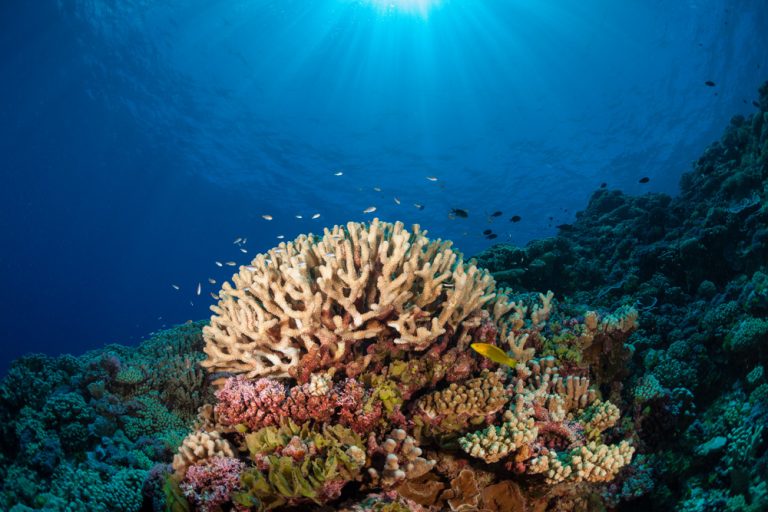
Help marine managers prioritize reefs for protection
Understanding historical reef conditions allows conservationists and marine managers to better prioritize where to focus their efforts—especially in identifying reefs that are resilient or most at risk in the face of climate change, pollution, and other stressors.

Educate & Inspire the Next Generation
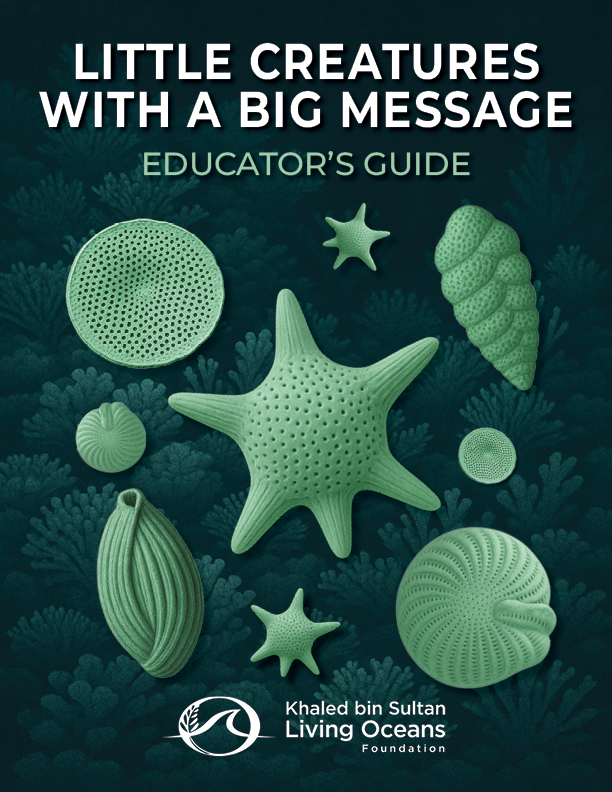
Bring real-world science into classrooms worldwide
The Foundation is developing a set of engaging, standards-aligned educational resources called “Little Creatures with a Big Message.” These lessons will introduce students to the world of foraminifera, coral reefs, and scientific research, while strengthening STEM skills through data analysis, critical thinking, and inquiry-based learning.

Educational Resources
As part of the Protist Prophets project, the Khaled bin Sultan Living Oceans Foundation is developing lesson plans and educational resources to bring the hidden world of foraminifera into the classroom. These tiny, shelled protists—called “forams”—may be small, but they carry big lessons about coral reef health, climate change, and the scientific process.
This Little Creatures with a Big Message Educator’s Guide translates our latest research on using forams to assess the long-term health of coral reefs into engaging, learning experiences for high school students. Designed with input from educators and scientists, the educator’s guide includes a series of interdisciplinary lessons and hands-on activities that connect science, math, and English language arts.
The centerpiece is an interactive ArcGIS StoryMap that introduces students to foraminifera, coral reef ecology, and real-world marine research. Through this immersive, multimedia experience, students follow the journey of scientists using forams to uncover how coral reefs have changed over the past 1,000 years. To reinforce key concepts, the StoryMap is paired with classroom activities and guiding questions.
Students then apply what they’ve learned in a culminating problem-based project. Using real data from the Global Reef Expedition, they analyze and interpret scientific findings to identify which reefs should be prioritized for conservation. This investigation builds skills in data literacy, critical thinking, and communication as students present evidence-based arguments to their peers.
The curriculum is currently being piloted with science teachers and aligned to the latest science standards. Once finalized, it will be featured in our Corals in the Classroom professional development workshop and available for download on our website.
Stay tuned for the official release of the Little Creatures with a Big Message Educator’s Guide! Sign up for our newsletter to be the first to know when it becomes available.
LOCATIONS
The Bahamas
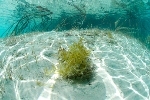
St. Kitts & Nevis

Jamaica
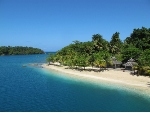
Navassa
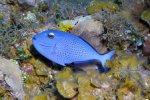
Colombia
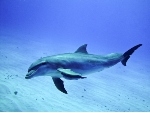
Galapagos
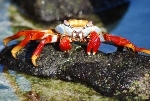
French Polynesia
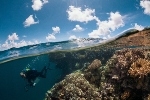
Cook Islands
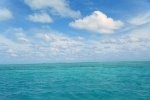
Fiji

Tonga
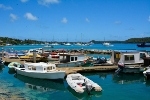
New Caledonia
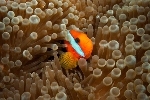
Great Barrier Reef
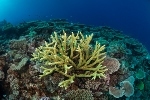
Solomon Islands
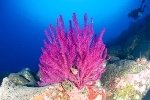
Palau
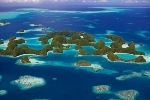
Chagos Archipelago
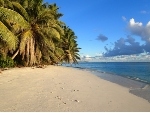
Coral Reefs Around the World
This project builds on the data collected during our Global Reef Expedition, a ten-year research mission that surveyed coral reefs in 15 countries across the Atlantic, Pacific, and Indian Oceans. Sediment samples collected during the Global Reef Expedition serve as the basis for this long-term study of coral reef health and resiliency.
The Bahamas

St. Kitts & Nevis

Jamaica

Navassa

Colombia

Galapagos

French Polynesia

Cook Islands

Fiji

Tonga

New Caledonia

Great Barrier Reef

Solomon Islands

Palau

Chagos Archipelago

Partners
University of Miami
The University of Miami has been a key scientific partner of the Khaled bin Sultan Living Oceans Foundation since the launch of the Global Reef Expedition. Together, we created the world’s largest collection of high-resolution coral reef habitat maps, providing an essential baseline for reef monitoring and management. Our ongoing collaboration includes developing a global coral reef health index and associated educational resources, and conducting cutting-edge research on reef resilience in the face of climate change. This partnership continues to advance the science needed to protect and restore coral reefs around the world.
National Science Foundation
This project is generously funded by a grant, under award number SGP 17-536, from the National Science Foundation (NSF), a U.S. government agency that supports fundamental research and education in science and engineering.
Latest Updates
Support Our Work
Coral Reef Health & Resiliency
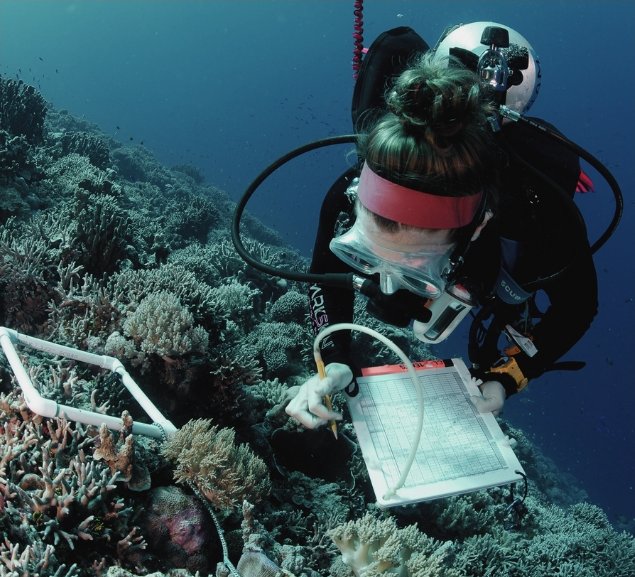
Support the Living Ocean Foundation’s work to assess the state of coral reefs and identify which reefs are most likely to survive in a rapidly changing world.
Our research on coral reef health and resiliency can identify priority sites for conservation and help organizations focus their limited resources where they can make the biggest impact.
These research efforts overwhelmingly target places where people rely on healthy reefs for food and income.



